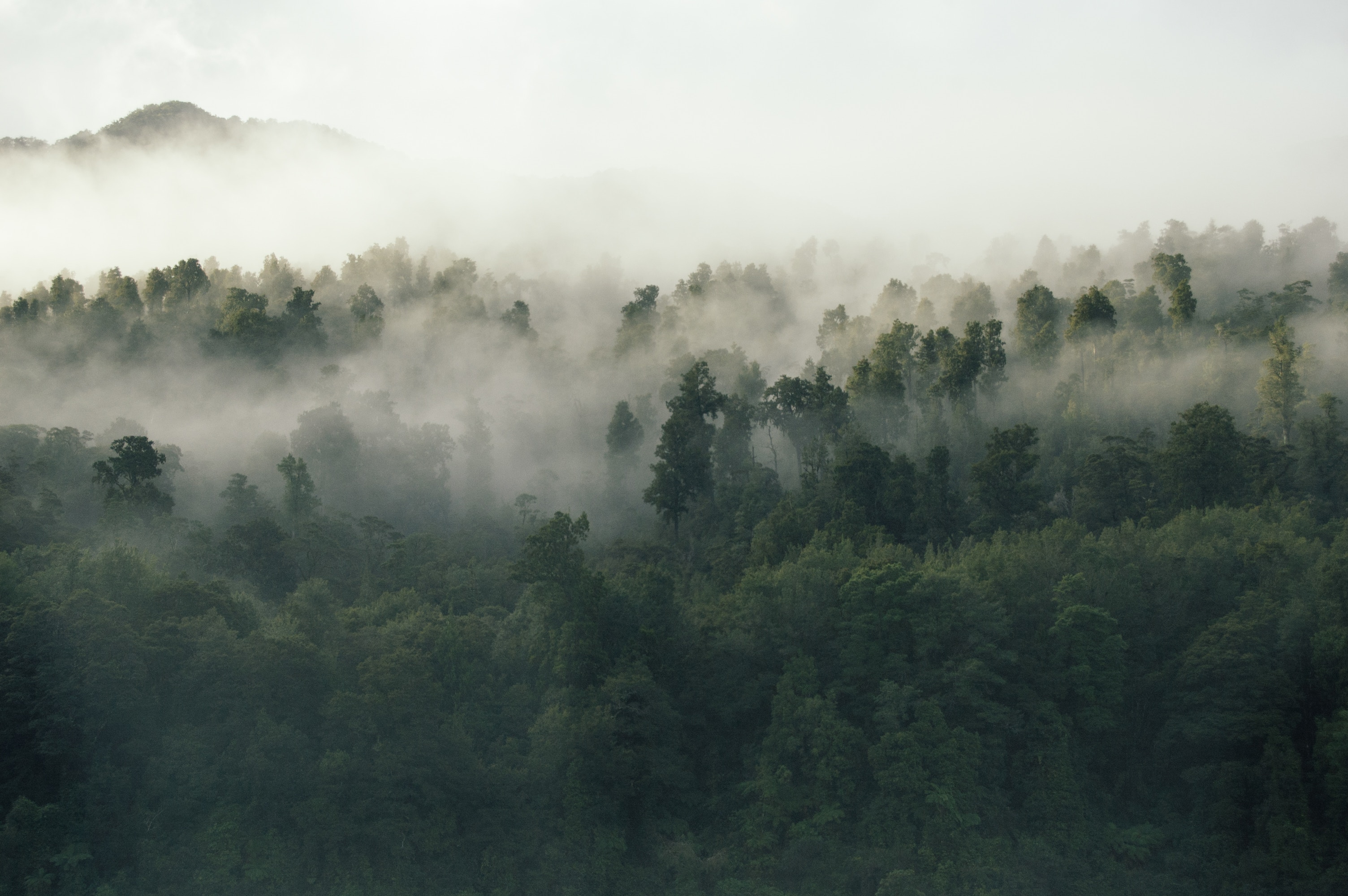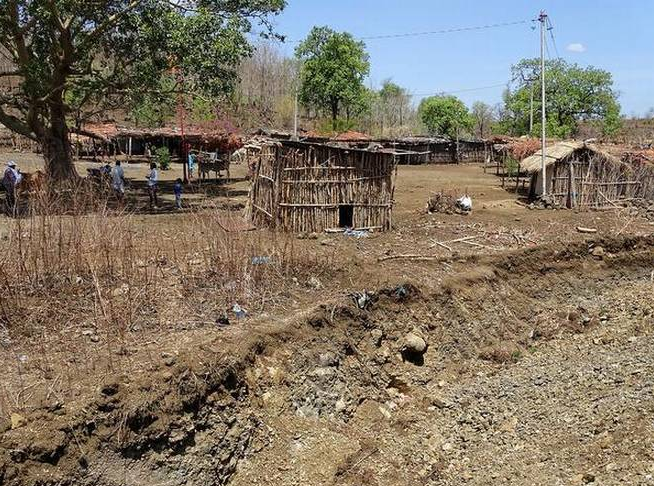News on Land
Get the latest news on land and property rights, brought to you by trusted sources from across the globe.
Opinion | A water exchange system could prompt efficient usage
Indians are facing a crippling water shortage and the government has not adequately responded to the situation. Illegal water mafias have emerged, profiting from the distress of the poor, while offering just enough water at exorbitant prices to get through another day. The solution to better manage water and prevent these local water mafias is to introduce water markets in India in a more systematic way.
Venezuela’s isolated indigenous groups under siege from miners, disease and guerrillas
- The Hoti, Yanomami and Piaroa, isolated indigenous groups in Venezuela, are under threat on several fronts.
- Mining, legal and illegal, is disturbing their lands. Some have been forced to labor in the mining industry and others have decided to leave their territories and go deeper into the forest.
- The measles epidemic that has erupted in Venezuela has decimated the Yanomami, and the government has failed to set up health services in their territories.
The Road to Bonn: The Land Portal Attending the Global Landscapes Forum
Under the theme of “Rights-Led Transformation Toward Climate-Resilient Landscapes”, this iteration of the Global Landscapes Forum (GLF), taking place this coming June 22-23, will explore the essential contributions made by Indigenous Peoples and local communities, rural women and youth to the U.N. Sustainable Development Goals (SDGs) and the targets laid out in the Paris Agreement on climate change.
2 Million Acres of Land for Community Ownership, Control
The Liberia Land Authority (LLA) and three Liberian non-governmental organizations (NGOs) have agreed to work with 24 communities in eight of the country’s 15 counties to bring two million acres of land under full community ownership and control.
The Memorandum of Understanding (MoU) was signed on Friday at the LLA’s office in Monrovia, which is aimed at implementing the Land Rights Law of 2018. The other NGOs partners are Sustainable Development Institute (SDI) and Parley-Liberia.
Why carbon might tell us less than we think
From the gases emitted through a car’s tailpipe to the tree biomass stored in the Amazon, carbon is no doubt the leading indicator of climate change today. But does a ton of carbon emitted by an aircraft 10 kilometers above the North Atlantic really equate to a ton of carbon stored in a mangrove forest in Indonesia – and, more importantly, can one really be ‘offset’ by another?
Insufficient data compromising achievement of gender equality
Insufficient data has been cited as a major hindrance to the realization of gender equality especially in land ownership.
According to UN Women statistics, 80% of the indicators for gender equality across SDGs are lacking data.
UN Women Chief Statistician Papa Seck says lack of political good will and technical challenges are to blame.
No guidelines on eviction of Adivasis cultivating forest land
Sudden eviction by Forest Department leaves tribals scared
Reclamation of forest lands, especialy from the possession of poor Adivasi encroachers, has been a messy business as seen during eviction of Guthikoyas in Jayashankar Bhupalpally district in September 2017 and Kolams in Kumram Bheem Asifabad district on June 12. It is quite evident that lack of clear guidelines for resuming encroached forest lands had the Forest Department evict the encroachers rather ‘crudely’ resulting in a sudden upheaval in their lives which includes loss of shelter and livelihood.
Bringing women’s voices into the “Smart City Just City” dialogue
Can urban planners use the technology in “Smart Cities” to create cities that are more just—and safe—for all?
What does a “smart city” look like from a gender perspective? Is there a difference as to how women experience a city? Does technology help or hinder that experience? And how can technology be harnessed to purposefully address challenges of most concern to women?
Ending the ‘war on drugs’ requires justice for the impoverished communities who grow them
The drugs trade is often portrayed as populated by wealthy individuals. The reality is poor communities targeted for repression, criminalisation and even the death penalty.
Amidst media furore over illicit drug use, Tory leadership favourite Boris Johnson dodged questions today over past drug use, whilst the wheels of Michael Gove’s campaign for the premiership are careering to a halt. Eight of the eleven candidates have admitted to some form of drug consumption, from Hunt’s cannabis infused lassi, to Rory Stewart’s opium smoking in Iran.
Support for Civil Society Organisations piloting initiatives of the AU-EU Youth Hub!
The AU-EU Youth Hub is calling on all civil society organisations to submit concept notes for the AU-EU Youth Hub Call for Proposals.
The Call makes available EUR 10 million in 7 lots:
Culture, Arts and Sports
Peace and Security
Governance and Political Inclusion (Accountability)
Governance and Political Inclusion (Remittances)
Environment Preservation and Climate Change
Education and Skills
Business, Job Creation and Entrepreneurship
Govt tightens control over urban land ownership
THE government will introduce strict verification mechanisms to control the ownership of residential land in informal urban areas.
The director for land reform and resettlement, Peter Nangolo, said the government will not allow people to own more than one primary residential property in the high-density urban areas under the new flexible land tenure scheme.
He made these remarks on Monday when he announced that the government had started implementing the flexible land tenure scheme in urban areas.
Touted as 'development,' land grabs hurt local communities, and women most of all
Large-scale land transactions in which nations sell huge, publicly owned parcels to foreign and domestic corporations negatively affect local women more than men, a new study by Oregon State University shows.
The findings are important because the transactions, also known as land grabs, are occurring at a pace and scale that are unprecedented—at least 45 million hectares, and possibly as many as 200 million, have changed hands over the past decade, mainly in lower-income countries, OSU College of Forestry researcher Reem Hajjar said.












